Sandra and Em discuss how to determine whether your child prefers Introversion or Extraversion in the Myers-Briggs personality type model.
Full show notes:
Em and Sandra catch up on how they got through a week of hazardous levels of smoke in the air in Oregon.
Then they get into the topic of the day: How to determine if your child has a preference for Introversion or Extraversion in the Myers-Briggs personality type model
- Introversion vs Extraversion
- Download on website a free guide to determine whether your child prefers Introversion or Extraversion
- Check out episode 2 for Introversion vs Extraversion in adults
- Sandra talks about the “Handedness” concept for MBTI preferences
- Introversion: Prefer to be (and get energy from) being oriented to their inner world
- Extraversion: Prefer to be (and get energy from) being oriented to their outer world (not necessarily a social thing)
- Behaviors you may notice (the majority of the time) in your Introverted child
- Think things through before speaking ▪
- Wait and watch before getting involved ▪
- Concentrate on one thing or person at a time ▪
- More thoughtful, private & reserved ▪
- Life’s “specialists” (interested in one or two topics deeply) ▪
- Energized by introspection ▪
- May be referred to as “quiet” or “shy” by those who don’t know them well ▪
- Focus in on one game or toy for long periods of time ▪
- Spend long periods of time playing alone ▪
- One or two special/best friends
- Behaviors you may notice (the majority of the time) in your Extraverted child
- Think out loud ▪
- Jump into new social situations ▪
- Like variety and action ▪
- More expressive and enthusiastic ▪
- Life’s “generalists” (bounce from interest to interest) ▪
- Energized by interaction ▪
- May be referred to as talkative by others ▪
- Jump from activity to activity instead of focusing in on one game/toy ▪
- Prefer to play with others rather than alone ▪
- Have many different playmates
- The difference between being “shy” or having “social anxiety” and Introversion
- An extraverted child can be shy or exhibit social anxiety as well as an introverted child. And conversely, being introverted does not mean your child may be shy or have issues with social situations
- If a child is overly worried about what others think of them – this could lead to social anxiety or “shyness” despite a preference for extraversion
- E.g. ESFJs are very aware of the social order of things and are characteristically very comfortable with kids their age or younger and will jump into that but shy away from older kids or adults. They fear change so a new school year and new teacher can be overwhelming and may lead them to not feel comfortable jumping in but have no problem bounding right into the middle of their favorite gymnastics class.
Comment or Email: Questions about Introversion vs Extraversion?
familypersonalities.com/podcast
familypersonalitiespod@gmail.com
Upcoming:
What your child needs from you based on their preference for Introversion or Extraversion
Links and references:
Free Download to determine whether your child prefers Introversion or Extraversion
Email us at familypersonalitiespod@gmail.com
Follow us on Instagram @FamilyPersonalities
Follow us on Facebook @FamilyPersonalities
Check out the Family Personalities website
Leave us a review on iTunes/Apple Podcasts
To do personality type work with Sandra book a free intro consult.
Rate, Review, Subscribe, Share!
